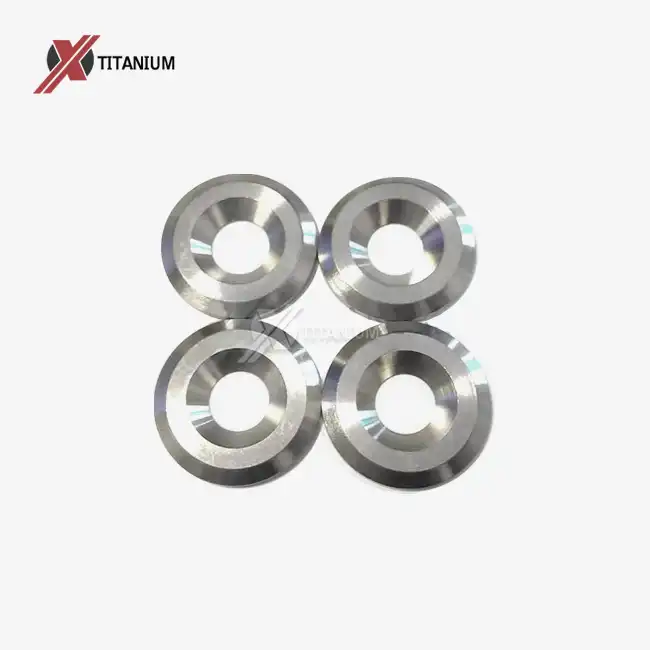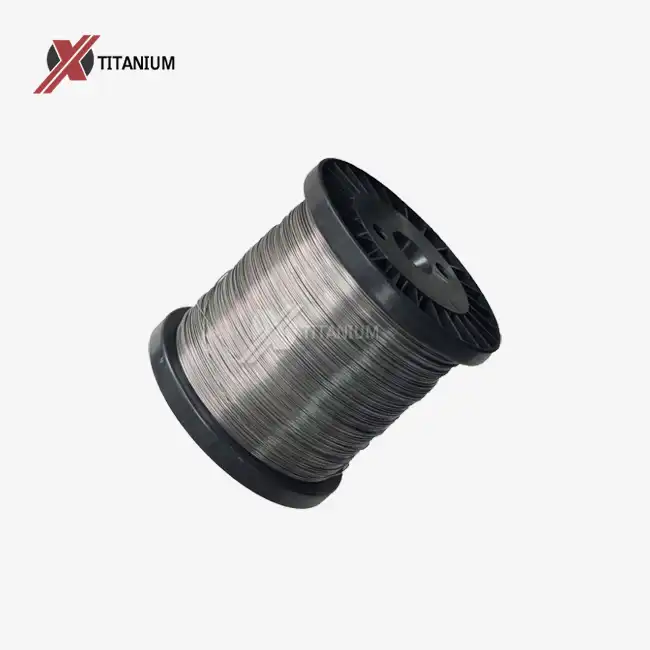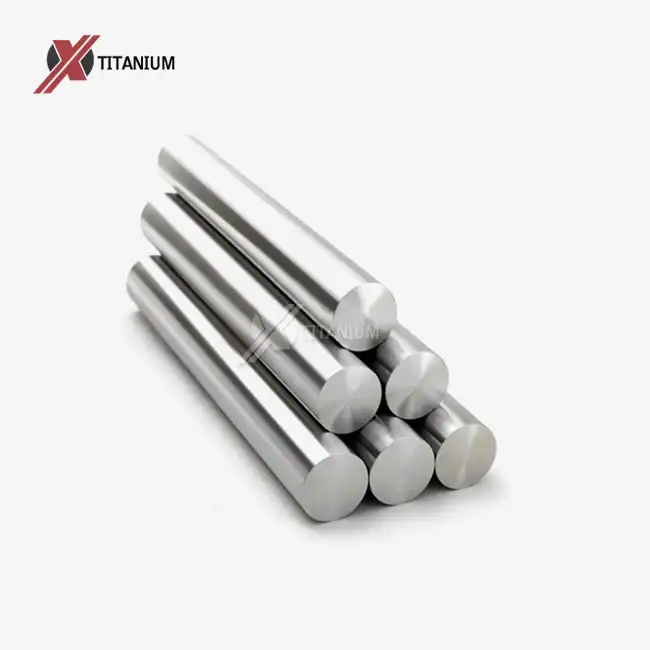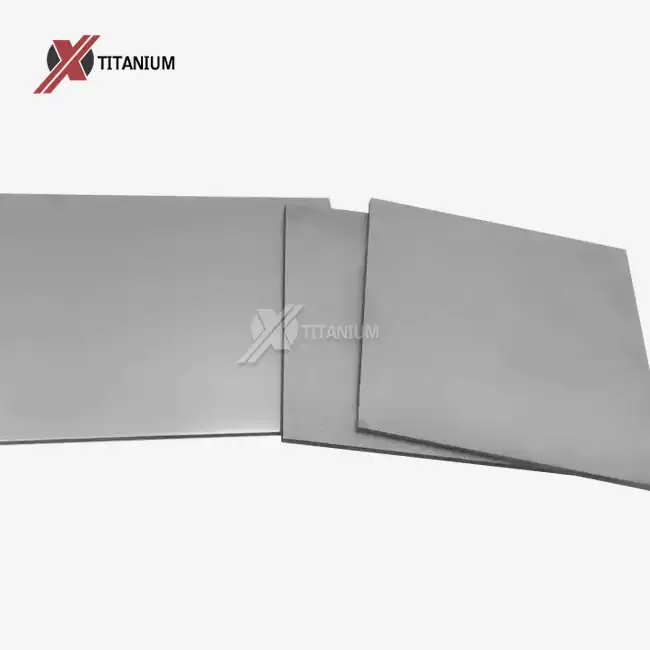- English
- French
- German
- Portuguese
- Spanish
- Russian
- Japanese
- Korean
- Arabic
- Greek
- German
- Turkish
- Italian
- Danish
- Romanian
- Indonesian
- Czech
- Afrikaans
- Swedish
- Polish
- Basque
- Catalan
- Esperanto
- Hindi
- Lao
- Albanian
- Amharic
- Armenian
- Azerbaijani
- Belarusian
- Bengali
- Bosnian
- Bulgarian
- Cebuano
- Chichewa
- Corsican
- Croatian
- Dutch
- Estonian
- Filipino
- Finnish
- Frisian
- Galician
- Georgian
- Gujarati
- Haitian
- Hausa
- Hawaiian
- Hebrew
- Hmong
- Hungarian
- Icelandic
- Igbo
- Javanese
- Kannada
- Kazakh
- Khmer
- Kurdish
- Kyrgyz
- Latin
- Latvian
- Lithuanian
- Luxembou..
- Macedonian
- Malagasy
- Malay
- Malayalam
- Maltese
- Maori
- Marathi
- Mongolian
- Burmese
- Nepali
- Norwegian
- Pashto
- Persian
- Punjabi
- Serbian
- Sesotho
- Sinhala
- Slovak
- Slovenian
- Somali
- Samoan
- Scots Gaelic
- Shona
- Sindhi
- Sundanese
- Swahili
- Tajik
- Tamil
- Telugu
- Thai
- Ukrainian
- Urdu
- Uzbek
- Vietnamese
- Welsh
- Xhosa
- Yiddish
- Yoruba
- Zulu
Explore Titanium Flange Bolts for High-Pressure Systems
Titanium flange bolts are indispensable components in high-pressure systems across various industries. These robust fasteners combine the exceptional properties of titanium with specialized design to withstand extreme conditions. In this comprehensive guide, we'll delve into the unique characteristics of titanium flange bolts, their applications in high-pressure environments, and the advantages they offer over conventional alternatives. Whether you're an engineer, manufacturer, or industry professional, understanding the capabilities of these advanced fasteners can significantly enhance the performance and longevity of your high-pressure systems.
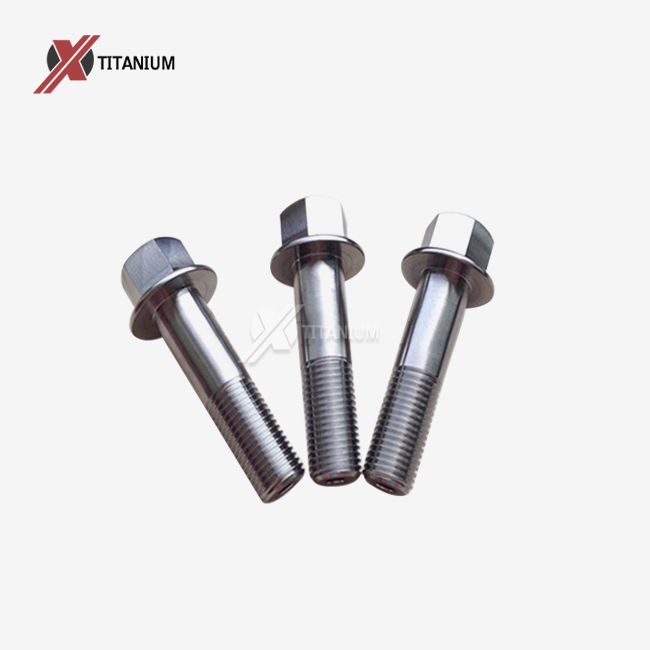
The Unique Properties of Titanium Flange Bolts
Composition and Material Grades
Titanium flange bolts are crafted from high-grade titanium alloys, primarily Grade 2 and Grade 5 (Ti-6Al-4V). These alloys are meticulously chosen for their optimal balance of strength, corrosion resistance, and durability. Grade 2 titanium, known for its exceptional purity, offers superior resistance to various corrosive environments. Meanwhile, Grade 5 titanium, a more robust alloy containing aluminum and vanadium, provides enhanced mechanical properties suitable for high-stress applications.
The chemical composition of these alloys contributes to the bolts' remarkable characteristics. The presence of alloying elements like aluminum and vanadium in Grade 5 titanium creates a microstructure that significantly improves the material's strength-to-weight ratio. This unique composition allows titanium flange bolts to maintain their integrity under extreme pressures and temperatures, making them ideal for demanding industrial applications.
Mechanical Strength and Durability
Titanium flange bolts boast impressive mechanical properties that set them apart in high-pressure systems. With a minimum tensile strength of 900 MPa, these fasteners can withstand substantial loads without deformation or failure. This high strength-to-weight ratio enables engineers to design more efficient and lightweight systems without compromising on performance or safety.
The durability of titanium flange bolts extends beyond their initial strength. These fasteners exhibit exceptional fatigue resistance, allowing them to maintain their mechanical properties over extended periods of cyclic loading. This characteristic is particularly valuable in applications where repeated stress cycles are common, such as in petrochemical processing or marine environments.
Corrosion Resistance and Chemical Compatibility
One of the most remarkable features of titanium flange bolts is their superior corrosion resistance. The natural formation of a stable, protective oxide layer on the surface of titanium provides an inherent defense against various corrosive agents. This passive film rapidly reforms if damaged, ensuring continuous protection in aggressive environments.
Titanium flange bolts demonstrate exceptional resistance to saltwater, acids, and alkalis, making them ideal for use in marine applications, chemical processing plants, and other corrosive settings. Their ability to withstand these harsh conditions without degradation ensures the longevity and reliability of the entire flange assembly, reducing maintenance requirements and downtime.
Applications of Titanium Flange Bolts in High-Pressure Systems
Petrochemical and Chemical Processing
In the petrochemical industry, titanium flange bolts play a crucial role in maintaining the integrity of high-pressure pipelines and vessels. These fasteners are extensively used in reactors, distillation columns, and heat exchangers where extreme temperatures and corrosive chemicals are commonplace. The combination of high strength and corrosion resistance offered by titanium flange bolts ensures the safe and efficient operation of these critical systems.
Chemical processing plants also benefit significantly from the use of titanium flange bolts. In environments where aggressive chemicals and high pressures are present, these fasteners provide a reliable sealing solution for flanged connections. Their resistance to a wide range of chemicals, including chlorides and sulfuric acid, makes them indispensable in ensuring the safety and longevity of processing equipment.
Marine and Offshore Applications
The marine industry heavily relies on titanium flange bolts for their exceptional resistance to saltwater corrosion. These fasteners are widely used in offshore platforms, desalination plants, and subsea equipment where exposure to seawater is constant. The ability of titanium flange bolts to maintain their structural integrity in these harsh environments significantly reduces the need for frequent replacements and maintenance, leading to improved operational efficiency and cost savings.
In shipbuilding, titanium flange bolts find applications in critical areas such as propulsion systems, seawater cooling systems, and exhaust systems. Their lightweight nature contributes to overall vessel efficiency, while their corrosion resistance ensures long-term reliability in the challenging marine environment.
Aerospace and Aviation
The aerospace industry demands materials that offer an optimal balance of strength, weight, and reliability. Titanium flange bolts meet these stringent requirements, making them essential components in aircraft engines, hydraulic systems, and structural assemblies. Their high strength-to-weight ratio allows for the design of lighter aircraft without compromising on safety or performance.
In rocket propulsion systems and spacecraft, titanium flange bolts are used in high-pressure fuel lines and combustion chambers. The ability of these fasteners to withstand extreme temperatures and pressures while resisting corrosion from propellants makes them invaluable in space exploration technologies.
Advantages and Considerations for Using Titanium Flange Bolts
Weight Reduction and Fuel Efficiency
One of the primary advantages of using titanium flange bolts in high-pressure systems is the significant weight reduction they offer compared to traditional steel fasteners. This weight savings can lead to improved fuel efficiency in transportation applications and reduced material costs in stationary installations. In aerospace and automotive industries, where every gram matters, the use of titanium flange bolts contributes to overall vehicle performance and range improvements.
The lightweight nature of titanium also simplifies installation and maintenance procedures. Handling and positioning of components during assembly or repair become easier, potentially reducing labor costs and minimizing the risk of workplace injuries associated with handling heavy materials.
Longevity and Lifecycle Cost
While the initial cost of titanium flange bolts may be higher than that of conventional materials, their long-term benefits often result in a lower total lifecycle cost. The exceptional corrosion resistance and mechanical durability of titanium fasteners significantly extend their service life, reducing the frequency of replacements and associated downtime. This longevity is particularly valuable in applications where access for maintenance is challenging or costly, such as in offshore installations or complex industrial plants.
Design Considerations and Installation Best Practices
While titanium flange bolts offer numerous advantages, proper design and installation practices are crucial to fully leverage their benefits. Engineers must consider the specific grade of titanium alloy that best suits the application's requirements, taking into account factors such as operating temperatures, pressure ratings, and chemical exposure.
Proper torquing procedures are essential when installing titanium flange bolts to ensure optimal sealing and prevent galling. The use of appropriate lubricants and anti-seize compounds compatible with titanium is recommended to facilitate assembly and future disassembly. Additionally, care should be taken to avoid galvanic corrosion by using suitable washers or isolating materials when joining titanium components with dissimilar metals.
Customization and Quality Control
The versatility of titanium allows for customization of flange bolts to meet specific application requirements. Manufacturers can tailor bolt dimensions, thread types, and surface finishes to optimize performance in unique operating conditions. This flexibility enables engineers to design high-pressure systems with precision, ensuring maximum efficiency and safety.
Quality control measures are paramount in the production of titanium flange bolts for high-pressure applications. Rigorous testing and certification processes, including material composition analysis, mechanical property verification, and dimensional inspections, are essential to guarantee the reliability and performance of these critical components.
Conclusion
Titanium flange bolts represent a cutting-edge solution for high-pressure systems across various industries. Their unique combination of strength, corrosion resistance, and lightweight properties makes them invaluable in applications ranging from petrochemical processing to aerospace engineering. As industries continue to push the boundaries of performance and efficiency, the role of titanium flange bolts in ensuring the safety, reliability, and longevity of high-pressure systems becomes increasingly significant.
For those seeking to enhance the performance and durability of their high-pressure applications, exploring the possibilities offered by titanium flange bolts is a step towards innovation and excellence. To learn more about how these advanced fasteners can benefit your specific application, contact the experts at Baoji Chuanglian New Metal Material Co., Ltd. at info@cltifastener.com or djy6580@aliyun.com.
References
1. Johnson, R.T. (2020). "Advanced Materials in High-Pressure Systems: A Focus on Titanium Alloys." Journal of Pressure Vessel Technology, 142(3).
2. Smith, A.B. & Brown, C.D. (2019). "Corrosion Resistance of Titanium Fasteners in Marine Environments." Corrosion Science, 155, 121-135.
3. Chen, X., et al. (2021). "Mechanical Properties and Microstructure of Ti-6Al-4V Bolts for Aerospace Applications." Materials Science and Engineering: A, 803, 140716.
4. Patel, N.K. & Williams, J.L. (2018). "Optimization of Flange Connections in High-Pressure Chemical Processing Equipment." Chemical Engineering Research and Design, 138, 79-89.
5. Yamamoto, H., et al. (2022). "Lifecycle Cost Analysis of Titanium vs. Steel Fasteners in Offshore Oil and Gas Platforms." Ocean Engineering, 250, 110927.
Learn about our latest products and discounts through SMS or email
